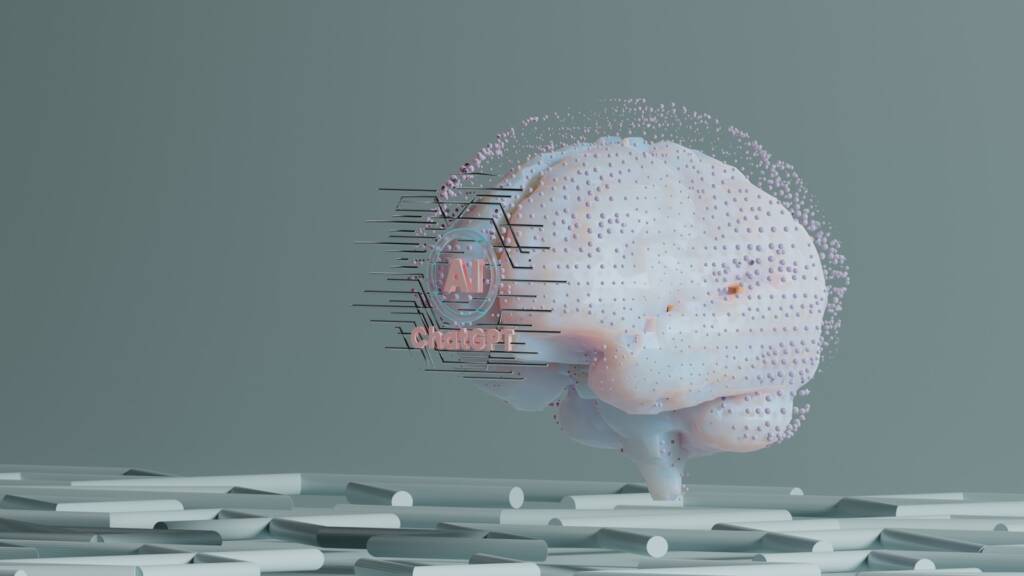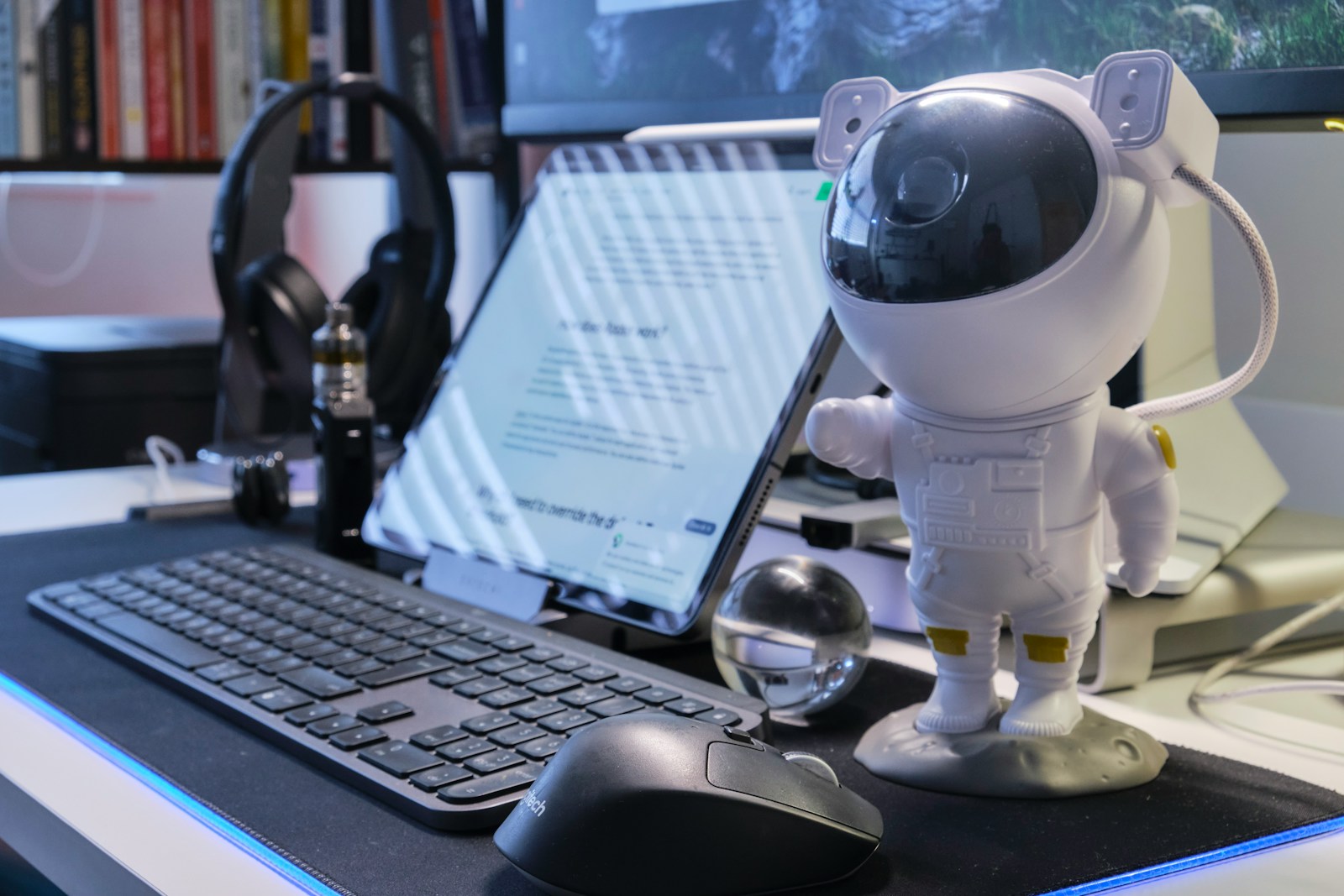In today’s rapidly evolving business world, organizations are under constant pressure to adapt to new technologies, shifting market demands, and changing customer expectations. Among the most powerful forces driving this transformation is Artificial Intelligence (AI). Once viewed primarily as a tool for automation, AI has now become a critical element in shaping how companies approach change management. By offering real-time insights, predictive analytics, and smarter communication methods, AI enables leaders to guide their teams through transitions with greater confidence and efficiency.
Change management has traditionally relied on human intuition, surveys, and manual monitoring to assess employee readiness and track progress. While these methods remain valuable, AI takes them to the next level by analyzing patterns in behavior, predicting resistance, and providing leaders with actionable insights. Instead of reacting to problems once they appear, organizations can now anticipate challenges and address them proactively. This shift from reactive to predictive strategy is what makes AI such a game-changer in modern organizational transformation.


One of the most impactful contributions of AI lies in understanding the human side of change. Through tools such as natural language processing and sentiment analysis, AI can interpret feedback from emails, surveys, and internal communications to reveal how employees truly feel about new initiatives. Leaders can respond to concerns in real time, rather than waiting for quarterly reviews or delayed feedback. This creates a culture of responsiveness, where employees feel heard and supported throughout the change process.
Equally important is the role AI plays in training and development. Resistance to change often stems from uncertainty and lack of knowledge. AI-powered platforms now deliver personalized learning experiences, tailoring resources to each employee’s needs. A manager learning a new system may receive leadership-focused modules, while a team member adjusting to new software may be given hands-on tutorials. This individualized approach not only speeds up adoption but also reduces frustration, allowing teams to embrace change more smoothly.
“AI can predict patterns and guide decisions, but only people can inspire trust and lead with vision.”
Communication, the lifeblood of any transformation, is also being reshaped by AI. From intelligent chat bots that answer employee questions instantly to data-driven messaging that ensures the right information reaches the right audience, AI is making communication clearer and more consistent. Employees no longer have to sift through lengthy documents or wait for responses; instead, they can access accurate, tailored information whenever they need it. This level of transparency reduces confusion and strengthens trust between leadership and staff.
While AI provides organizations with unprecedented tools to manage change, it is important to remember that technology cannot replace the human touch. Empathy, trust, and strong leadership remain at the core of successful transformation.
In conclusion, Artificial Intelligence is not just reshaping industries it is reshaping how organizations adapt to transformation itself. By offering predictive insights, personalized support, and enhanced communication, AI is helping businesses become more agile and future ready. Those who embrace this human-AI partnership will find themselves better equipped to lead change, overcome resistance, and build organizations that thrive in the digital age.



